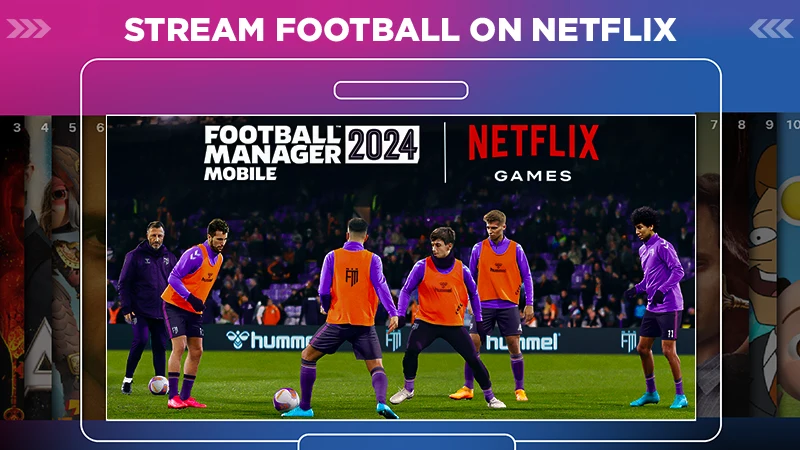
Understanding the Basics: An Introduction to Match Play Golf Rules

Discover the exhilarating world of match-play golf rules, where strategy, skill, and understanding take center stage. This ultimate guide unlocks the secrets of this fascinating format, providing major rules for rookies and seasoned golfers alike.
Elevate your strategic approach and maximize your enjoyment, if it’s a friendly match or a high-stakes tournament.
Get ready for an unparalleled golf experience!
Understanding Match Play Golf Rules
Match-play is a unique format where two players engage in a hole-by-hole battle. The objective is to win as many holes as possible throughout the round, ultimately determining the match’s victor. Unlike stroke play, which calculates total scores, the competition focuses on triumphing in each spot by outsourcing your opponent.
Even if you encounter a challenging level, there’s still hope for victory if your adversary performs equally poorly or worse. Enhance your skills by seeking proper golf lessons and refining your technique.
Scoring in Match-Play
In match-play, the scoring is simple. Each correct shot is worth one point, and at the end of the round, the player with the most points wins. If a player wins, they are said to be “one up” on their opponent. If both players score equally, it is considered halved, and no points are awarded.
Concessions
In match-play, a player can concede a hole to their rivals at any time. This means that if your rival has a putt for bogey and you have a putt for par, you can choose to concede rather than make your competitor complete their putt. This is often done as an act of good sportsmanship.
The Halve
In match-play, a level can end in a tie or “halved” if both players have the same score. In this case, no points are awarded, and the competition continues to the next spot.
If the overall game ends in a tie after 18 holes, it can be declared a halve or go into sudden-death playoff spots to determine the winner.
Strategies for Success in Match Play
The match requires a different strategy than stroke play. In this format, it’s all about winning each level rather than worrying about your overall score. To be successful in match-play, players should focus on playing smart and taking calculated risks.
Here are the best strategies to keep in mind when playing match-play:
Play Aggressively
In stroke play, players often play it safe to avoid big numbers on their scorecards. In match-play, however, taking risky shots can pay off if your opponent makes a mistake and you win the round.
Know Your Opponent
It’s necessary to understand your competitor’s strengths and weaknesses in match-play. Use this knowledge to your advantage by playing shots that will exploit their game.
Order of Play in Match Play
The order of play in the game is typically determined by a coin toss at the beginning of the round. The winner of the coin toss can choose to either have the honor (the right to play first on the tee) or decide who goes first.
Positioning the Golf Ball in Match Play
Understanding the rules related to the positioning of the ball is paramount in match-play. Here are a few key points to remember:
Movable Obstruction
If a ball is obstructed by a movable obstruction (like a twig or leaf), the player can remove the obstruction without penalty. If the ball moves during this process, it should be replaced without penalty.
Immovable Obstructions or Abnormal Course Conditions
If a ball lies in or on an immovable obstruction or abnormal golf-course condition (such as a cart path or ground under repair), the player can take free relief. This means they can drop the ball within one club length of the nearest point of relief, but no closer to the hole.
Making the Putt in Match-Play
The putt is one of the most vital elements of match-play. Here are a few key points to remember when speaking of putting:
Conceding the Putt
As mentioned earlier, players can concede putts in at any time. It’s required to know your opponent and their tendencies before deciding if to concede a putt.
Counting Strokes
Unlike stroke-play, players do not need to count every stroke in match-play. The only strokes that matter are those needed to complete the spot (or win the level).
Mastering Match-Play Golf Rules
Understanding rules enhances enjoyment and improves strategies on the course. From the order of play to sinking major putts, each aspect is key to success. Mastering these rules elevates the experience for beginners and seasoned pros alike.
Here’s to many victorious rounds on the green!
Browse our blog for more interesting reads like this.











